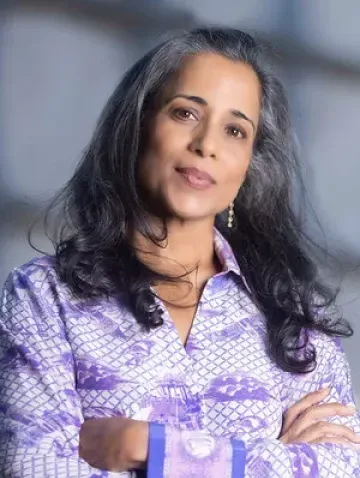Kishwar Rizvi
Kishwar Rizvi is the Robert Lehman Professor in the History of Art, Islamic Art and Architecture at Yale University. Her recent publications include The Transnational Mosque: Architecture and Historical Memory in the Contemporary Middle East (University of North Carolina Press, 2015), for which she was selected as a Carnegie Foundation Scholar, and Emotion, and Subjectivity in Early Modern Muslim Empires: New studies in Ottoman, Safavid, and Mughal art and culture, editor, (Brill, 2017). Her earlier publications include The Safavid Dynastic Shrine: History, religion and architecture in early modern Iran (British Institute for Persian Studies, I. B. Tauris, 2011) and the anthology, Modernism and the Middle East: Architecture and politics in the twentieth century (University of Washington Press, 2008), which was awarded a Graham Foundation publication grant.
Professor Rizvi’s fieldwork includes research in several parts of the Middle East, including Turkey, Saudi Arabia, Iran, and the United Arab Emirates. Current projects include research on contemporary museums in the Gulf as well as a new book on the Safavid ruler, Shah Abbas, and global early modernity.
Kishwar Rizvi teaches undergraduate introductory surveys on Islamic art and architecture, as well as seminars on art historical methods, the representations of kingship, and art and politics within a transnational context. Her courses focus on modern and contemporary architecture in the Middle East; the global Renaissance; Ottoman, Safavid and Mughal art and architecture; on the intersection between painting and poetry in Persianate art; and on the artistic, cultural, and political significance of illustrated travel literature in Europe and the Middle East from the medieval period to the present.
A note to prospective graduate students: I encourage you to reach out to me if you have specific questions about studying Islamic art and architecture at Yale University. While is often useful to plan a visit to the campus and to meet with students and the faculty in the department, international students need not feel compelled to do so. Many questions can be answered via email by the Director of Graduate Studies or myself.
